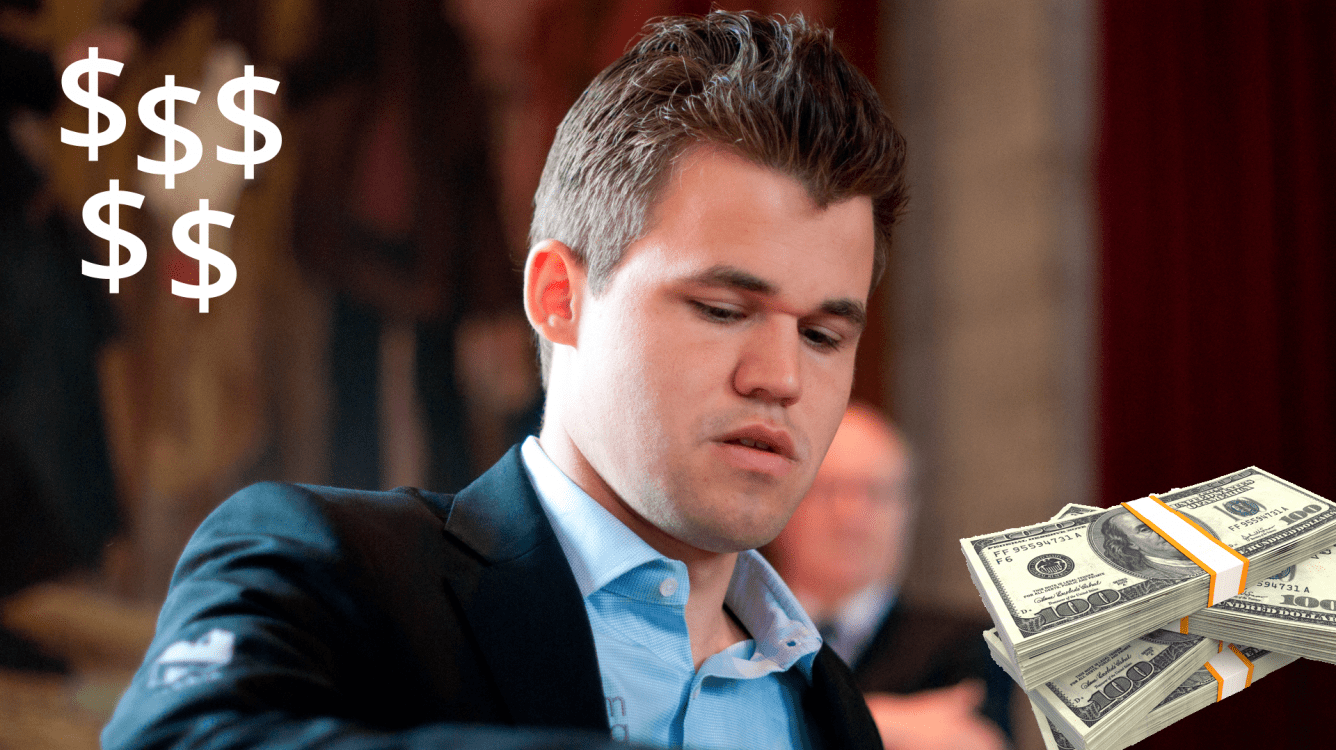
Should Anyone With Money Be Able To Challenge Magnus Carlsen?
The Association of Chess Professionals (ACP) has launched a petition against a proposal from the Russian Chess Federation that allows anyone who can raise enough money to become a challenger for the world championship.
A few days ago, the World Chess Federation released the agenda for its next general assembly, to be held alongside the Baku Olympiad in early September. One of the items on the agenda is a proposal from the Russian Chess Federation (available as a PDF here) that changes the structure of the world championship cycle dramatically.
The federation's president, Andrey Filatov — who is also a FIDE vice president — is proposing to add an article that states:
“that the World Chess Champion can accept the challenge of any player who can contribute to the prize fund and the costs of holding of the match.”
Mr Filatov added a few conditions that should be fulfilled:
- The FIDE President would have the power to veto any proposed match. Any proposed World Championship match would be carried out under the auspices of FIDE and according FIDE rules.
- 50% of the prize fund will go to FIDE.
- The match must be held before the end of the current FIDE qualifying round, that is, before a challenger has been determined by the Candidates Tournament.
Meanwhile, the Association of Chess Professionals (ACP) has reacted strongly against the suggested change. “The official proposal by the Russian Chess Federation to modify the existing rules of the World Championship cycle, if accepted, will turn the world of chess on its head,” wrote ACP General Secretary Aleksandar Colovic in an email to Chess.com. “We at ACP believe that this proposal is detrimental to chess in more than one way.”
The ACP has launched a petition against the proposed change, arguing that a chess world champion title must be achieved “only through a proper sport cycle, especially at a time when chess is increasingly recognized as a sport.”
Filatov's idea is not new. In the 19th and early 20th century, it was common for a challenger to bring money to the table. The ACP acknowledges this, but notes that, “It was more of a sad necessity than a good system.”
More recently, a very similar regulation was upheld by FIDE. In late 2005, FIDE President Kirsan Ilyumzhinov proposed that any grandmaster with an Elo rating of over 2700 could challenge the then reigning FIDE world champion, Veselin Topalov, as long as the challenger could put up at least $1 million USD in prize money.
In May 2006, a battle between Topalov and Teimour Radjabov was announced on these conditions, but this match never materialized. Instead, Topalov lost his title later that year to Vladimir Kramnik.
@TelegraphChess @TarjeiJS @ACP_Chess @MarkTWIC its very similar to the rule of Danailov/Azmai from 2005? Intended for a Topa-Radjabov match.
— Peter Heine Nielsen (@PHChess) August 5, 2016
The ACP further argues that the title of world champion would be devalued, and that “the image of chess would suffer greatly at all levels and worldwide.” Fairness is another concern of the organization. “It would also put the players on grossly unequal terms: some would have to battle their chances out against the best players of the world in the regular cycle, others would buy their shot at the title by securing the money.”
Espen Agdestein, the manager of reigning world champion Magnus Carlsen, agrees. “A player should be merited on his sporting qualities,” he told Chess.com. “This is about the integrity of the sport. There should be fairness, and equal opportunities for the players is important. It's hard to see that this proposal improves things.”
The world champion himself hasn't seen the proposal yet, but he “agrees with me on general points,” said Agdestein.
#RCF proposal is hilarious! No consultancy? And you already have a challenger at the world championship!why do you care?
— Mohamed Al-Medaihki (@almodiahki) August 5, 2016


